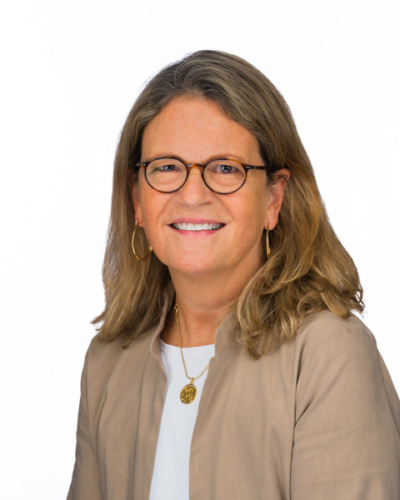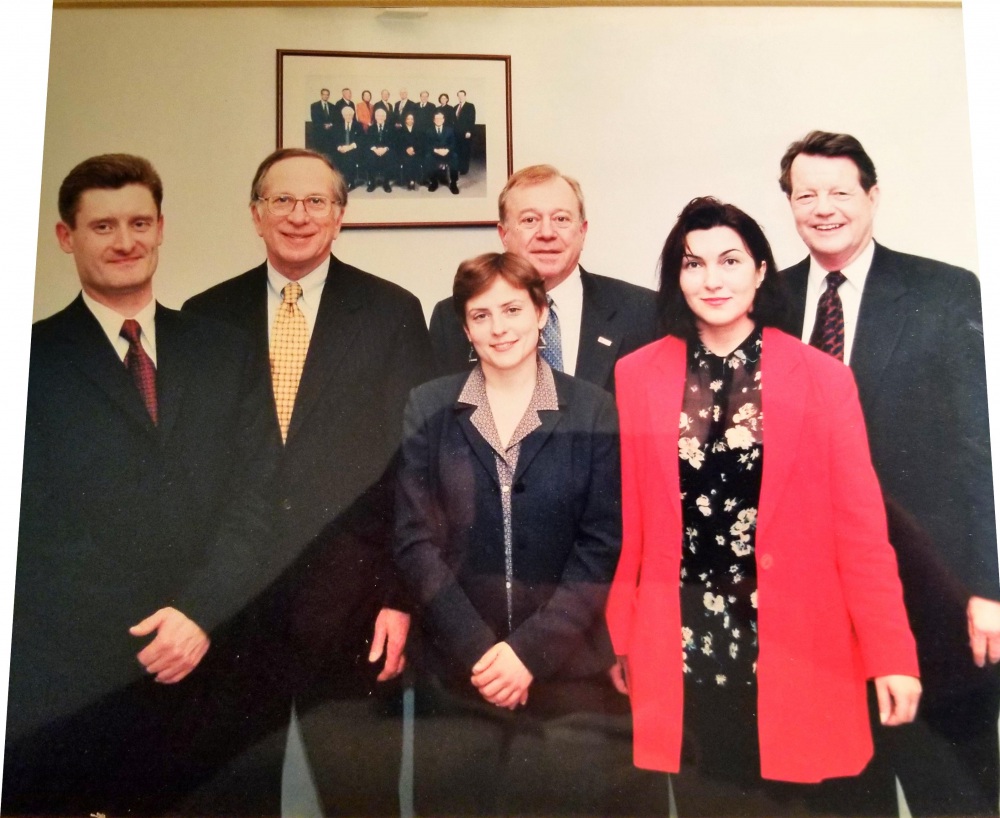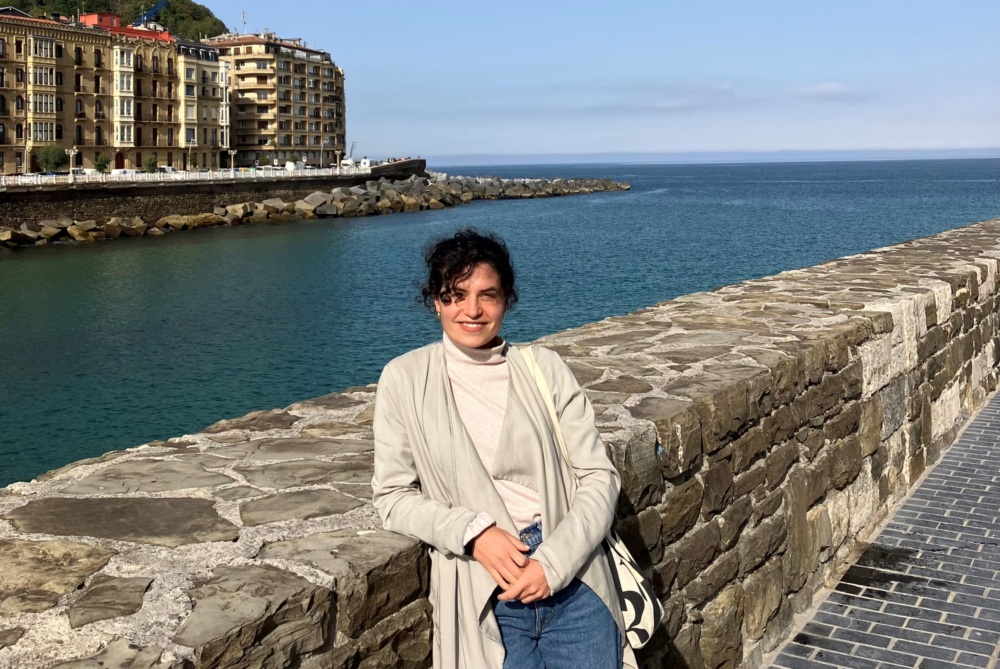
Mimi Hall
Vice President, Communications
Atomic Pulse
Robert E. Berls, Jr., senior advisor to NTI’s Global Nuclear Policy Program, has been NTI’s top expert and advisor on Russia for two decades. He opened NTI’s Moscow office in 2002 and ran it for seven years before returning to Washington, where he continued to direct or help manage many of NTI’s projects in Russia that have addressed nuclear, chemical, and biological threats. Berls’ extraordinary career spans military, government, academia, and business, including 26 years in the Air Force and a posting in the 1980s as Air Attaché at the U.S. Embassy in Moscow.
Over the course of this year, as NTI marks its 20th anniversary, our experts will share some reflections on two decades of working to build a safer world—accomplishments and challenges, lessons learned along the way, visions for the future, and more. Today, we hear from Berls, whose significant contributions are too many to name but include helping to develop and manage a capacity-building initiative to foster dialogue among young emerging leaders from the United States, Russia, Ukraine, and Europe.
Your first major assignment at NTI was to open and run NTI’s Moscow office. Why did NTI need an office in Moscow, and what was it like for a Washington-based NGO to open shop there?
Russia has always been front and center in the work NTI does because of the threat posed by Russia’s nuclear arsenal, as well as its chemical and biological capabilities. The dangers that the Soviet Union posed in this area carried over into contemporary Russia, but in some sense, those dangers became more acute because control over those weapons came into question as the country went through a chaotic phase of establishing a new regime. Reducing this threat through cooperation became a priority for the United States and its allies as they worked with the new government of Russia.
We at NTI were excited about the work that the U.S. Government’s Cooperative Threat Reduction program was doing in Russia, but we believed that there was also a place for a nongovernmental organization to play an important role in helping to reduce the threat from the former Soviet nuclear, biological, and chemical arsenals.
To facilitate our work, we believed it was critically important to have a physical presence in Russia so we could focus on areas where NTI could be helpful and work directly with potential Russian partners.
We opened our office in January 2002. This was just over 10 years after the Soviet Union collapsed and a new government with a new political, economic, and social system began to emerge. Although change was rapid, many of the features of the former Soviet Union that were still in place. Most notable were the oppressive bureaucracy and the Soviet mindset. Both of these features remained as stubborn obstacles to the transformation of the country. Aspirations for modernization and rejection of the Soviet past were most apparent among the younger generation, but the emotional and psychological burden of the Soviet system still loomed large in everybody’s lives.
Opening and running the office in the early days was a challenge perhaps unlike any that I had ever had in my life. But at the same time, it felt as if this was the challenge I had been preparing for all my life. The first part of this complex task was setting up the Moscow office. This involved extensive dealings with the oppressive bureaucratic structure of the Russian government. This was very difficult, very frustrating. It was so different from operating a nongovernmental organization in the United States. The second part of the challenge was working with the Russian staff. Now, this may seem surprising since all the staff members we had just hired were fluent in English, had traveled to the West, had an intellectual understanding of western values, and understood NTI’s mission, but they were also children of the Soviet system and had been dealing with the Soviet bureaucracy all their lives. It was, therefore, not surprising that they had difficulty shedding their Soviet mentality and adjusting to an American organization, to an American management style. Consequently, as the staff adapted to a new way of thinking and working, I spent a good deal of my time managing many complex and frustrating personnel issues. Eventually, our staff shed the worst aspects of their Soviet mentality and adapted to the norms and practices of an American organization. Their successful transition to a new way of working and interacting in the office, combined with their outstanding qualifications as specialists in their respective fields, resulted in the successful, smooth-running operation of NTI’s Moscow office.
What kinds of programs did you work on from Moscow?
From the start, working with our Russian partners was a delight. They were extremely interested in working with us. In fact, in the initial years, the phones in our office never stopped ringing as the Russians came to us with their numerous proposals—and many of them were very interesting project ideas. Most were in the nuclear area, with some in the biological field, and one project dealing with chemical weapons.
The work we did in the nuclear area was unique. When we began working in Moscow, the Nunn-Lugar Cooperative Threat Reduction Program, led by the Department of Energy and the Department of Defense, was very much a part of the U.S.-Russian relationship. At NTI, we sought out and were able to develop niche projects areas that paralleled the Nunn-Lugar Program but for a variety of reasons were not a part of the U.S. government program.
We worked for quite a few years in the closed city of Sarov, for example. This was one of the formerly closed Soviet nuclear cities where the Department of Energy was very active, but we discovered that there also were opportunities for NTI to assist. One of the major problems facing the nuclear facilities in Sarov was the significant decrease of Russian government funding for their work. This was a direct result of the economic collapse that accompanied the disintegration of the Soviet Union. Consequently, the nuclear facilities in Sarov found themselves with a large cadre of top scientists, engineers, and technicians who were losing their jobs because there was no money to pay them. There was a concern that to survive these workers might leave Sarov and go to certain undesirable countries, such as North Korea and Iraq, where those governments were more than eager to employ former Soviet nuclear weapons experts. Sarov needed to establish a new economic base that could offer opportunities for its current and former employees to develop businesses that were not in the defense sector and to build a new foundation for the economic development of this closed city.
NTI offered its assistance to Sarov by funding several important projects. Most notable was the assistance NTI provided to build a technopark that became home to dozens of new businesses that, in turn, hired several hundred under-employed and unemployed scientists, technicians, and engineers from the nuclear facilities in Sarov. This became one of the most successful technoparks in all of Russia at the time. The implementation of this project contributed significantly to the creation of new opportunities for the economic rebirth of Sarov.
This is just one example of what were about 30 or 40 successful projects that NTI developed in cooperation with our Russian partners and ran out of our Moscow office for over seven years.
Why did NTI close the office in 2008?
There were several reasons. The most immediate was that our very greedy landlord decided to double our rent, which violated our lease agreement. There was a real estate boom happening in Moscow, and he thought we would agree to his new terms to stay in our office. We refused, and he gave us three months to get out of the office. I continued to run the office from my apartment for another seven months until June of 2009. At that point, the lease on my apartment ended, so we shut down our operation.
But there was another very important reason for closing our office in Moscow: the nature of the relationship was changing between the U.S. and Russian governments. There was less interest on the part of the Russian government to engage in cooperative projects. Both sides agreed that if cooperative projects were to proceed, they needed to be structured on a more equitable basis with both sides sharing equally in the funding. Although the governments established this principle, there were considerable roadblocks to executing it. At the same time, it was becoming increasingly difficult for nongovernmental organizations to work in Russia and specifically to work in the nuclear area. Russia’s security forces were becoming more powerful, and they were vetoing a lot of the work that our partners wanted to carry out with us.
NTI was also changing at that time. We were moving away from our role as a grant-giving organization to one in which NTI developed—often in cooperation with various partners—projects in which NTI played the leading role. After the Moscow office closed, we continued to work with some of our previous Russian partners, as well as some new ones, on a variety of new NTI-led projects.
How was the adjustment for you, moving back to Washington?
It was not that much of a change for me because during the seven years that I was director of the Moscow office, I commuted every two weeks between Washington and Moscow. In a way, I lived a rather bifurcated life. I had two different offices, one in Moscow, one in Washington. I was part of two different cultures. I spoke two different languages. I dealt with two different mentalities. I’d get on the plane to fly to Moscow from Washington and flip a switch: “Washington Bob” would become “Moscow Bob,” and visa verse when I returned to DC. It was a very interesting life, and I enjoyed it immensely.
Another area where you’ve been instrumental at NTI is in developing and managing the Younger Generation Leaders Network on Euro-Atlantic Security (YGLN). This has been an enormously successful and enduring initiative. What was the impetus and how does the YGLN contribute to addressing future global security threats?
NTI set up what was to become the Younger Generation Leaders Network (YGLN) in the summer of 2014. The idea was to bring young people in their 20s and 30s together to engage in discussions of substantive issues and to establish personal relationships that could promote mutual understanding and cooperation now and in the future. We started with about 25 members. Today, the YGLN has about 100 members from close to 30 countries—European countries, former Soviet states including Russia, Ukraine, Belarus, Moldova, the Baltic states, Georgia, Azerbaijan, Armenia, Kazakhstan, as well as the United States and Canada.
The genesis of the organization is very interesting. NTI had been working with our Russian and European partners during the 2012-2014 period on issues of building mutual security. Then in February 2014, the Maidan Revolution took place in Ukraine, President Yanukovych fled the country, and a new Ukraine was born.
Later that year, one of our close partners, Wolfgang Ischinger, who was the chairman of the Munich Security Conference, went to Kyiv at the request of the Organization for Security and Co-operation in Europe to serve as co-chair with a former Ukrainian president of a national dialogue on Ukraine. When he returned from Ukraine, he told us how difficult it was to conduct a national dialogue in a country that had just gone through a revolution and was seeking change. What frustrated him the most was everyone on the Ukrainian side at that national dialogue side was over 65. And he said, “How can you have a national dialogue and a rejuvenation of a country with people in their 60s, 70s, and even some in their 80s?” He said what we need is a dialogue that includes young people.
At the same time, we were experiencing increasing reluctance from our Russian partners in our Building Mutual Security project to engage in some of the public aspects of our joint work because of pressure they were feeling from their government following events in Ukraine. Consequently, we thought that we might be more successful in engaging in dialogue over the deteriorating relations in the region if we brought together younger people who did not feel burdened by political considerations and were more open to engaging with one another. So, we put together a meeting in October of 2014 and held it in Sofia, Bulgaria—I think there were about 10 Ukrainians, about five or six Russians, some Europeans, and some Americans—to discuss the most pressing issue at that time: the future of Ukraine and its relations with Russia. It was an amazingly successful venture.
This was the genesis of the YGLN. Our network grew rapidly. We met twice a year in various European capitals. We expanded our agenda beyond Ukraine and discussed a broad range of issues related to security, economics, civil society, and the rule of law.
Members of the YGLN come from the academic community, the nongovernmental world, think tanks, business, law, and science. They represent a great diversity of backgrounds.
Management of the network, which was initially run by NTI and several partner organizations, has now shifted to the members of the network themselves. For administrative purposes, the YGLN is currently housed at the European Leadership Network in London, which provides guidance and assistance as needed to the network.
The YGLN has become a very successful organization. What I think is most unique about the network are the relationships that have developed throughout the network—relationships that will last for many years and will undoubtedly be fruitful in fostering dialogue, building understanding, and promoting cooperation as network members advance in their careers and move into positions of increased responsibility in government affairs or along other career paths. We have already seen evidence of the success of this network as some of its members and former members are drawing on their YGLN connections as they move into increasingly influential positions. It is very rewarding for us of the older generation to see young people engage in issues that our generation has failed to resolve. The YGLN inspires hope and represents the future as members of the next generation move into positions of responsibility and takes on the pressing issues of the day.
Last question: You’ve witnessed dramatic shifts over many decades in U.S.-Russia relations. How do you feel about the trajectory today? Optimistic? Pessimistic?
Well, by nature I’m an optimist—but I’m also a realist. And having spent over 60 years dealing with the Soviet Union and contemporary Russia, having studied, lived, and worked there as well as lived and breathed all things Russian, my assessment is more on the realist side rather than the optimist side. I’d like to think that things are going to improve. We just had a meeting between President Biden and President Putin. This was an important step forward, although I am not very optimistic about where it will lead.
I think we’ll have to see what happens in 2024 when President Putin’s current term ends. Unfortunately, a recent change to the constitution now allows him to stay as president, if he so chooses, until 2036. I think if he does stay, this will not be good for Russia or the Russian people. The country is going through a very difficult time economically. There seems to be no meaningful effort on the part of the Russian government to address the stagnation that is affecting that country, not only economically, but in the political and social spheres as well. The power and influence of the security forces are growing, and the country is becoming increasingly autocratic. This is not a promising formula for Russia’s development and for enhancing the wellbeing of the Russian people.
So, I’ll end with what I said at the start: I’m an optimist, but I’m also a realist, and realism tells me it’s going to be a difficult time dealing with Russia, and it’s going to be a difficult time for the Russian people for years to come.
Sign up for our newsletter to get the latest on nuclear and biological threats.
NTI is committed to highlighting and supporting diversity in the peace and security field. To recognize Hispanic Heritage Month, NTI’s communications intern Carla Montilla spoke with Andrea Pimentel about the importance of Latinx perspectives and mentorship.

